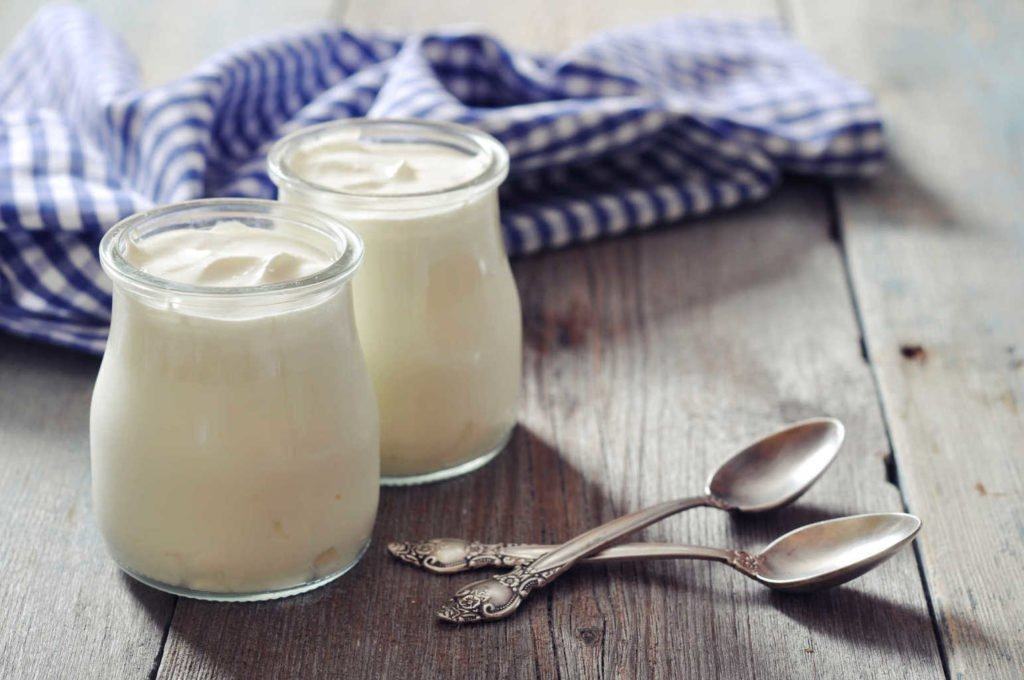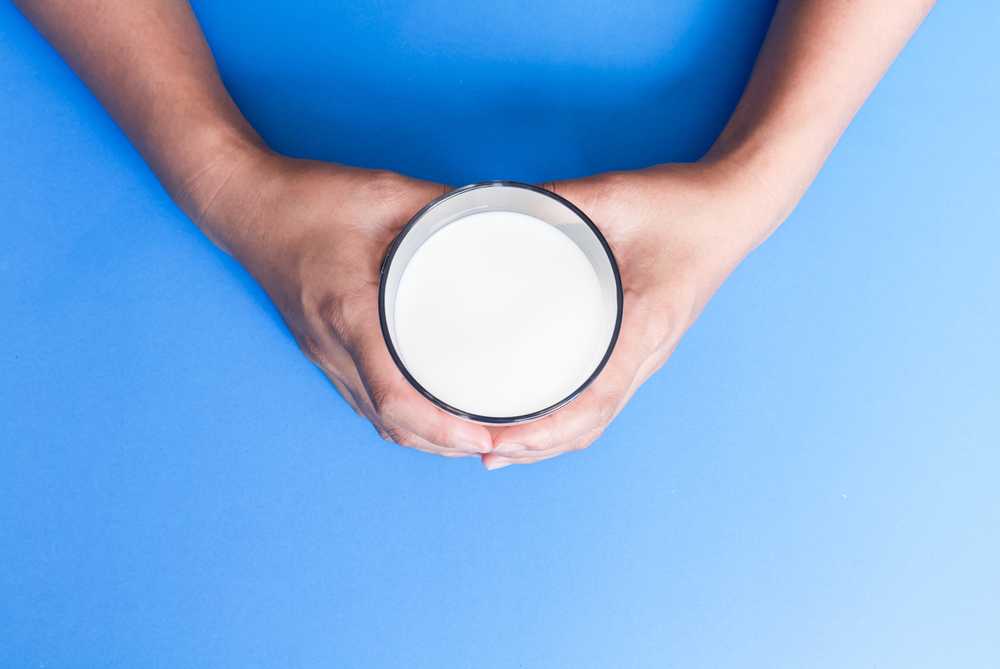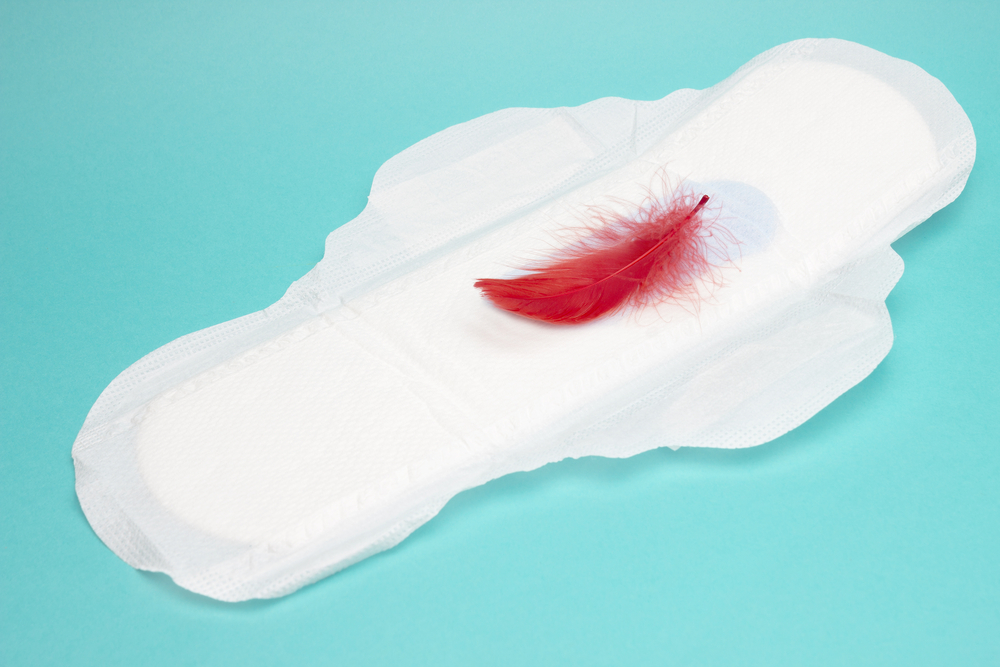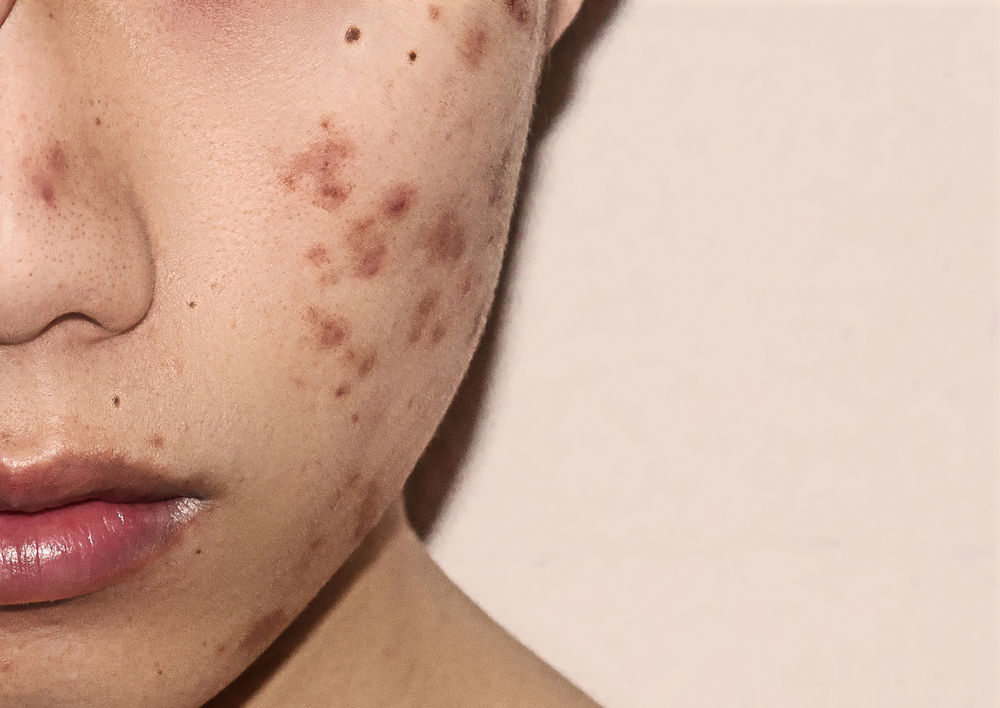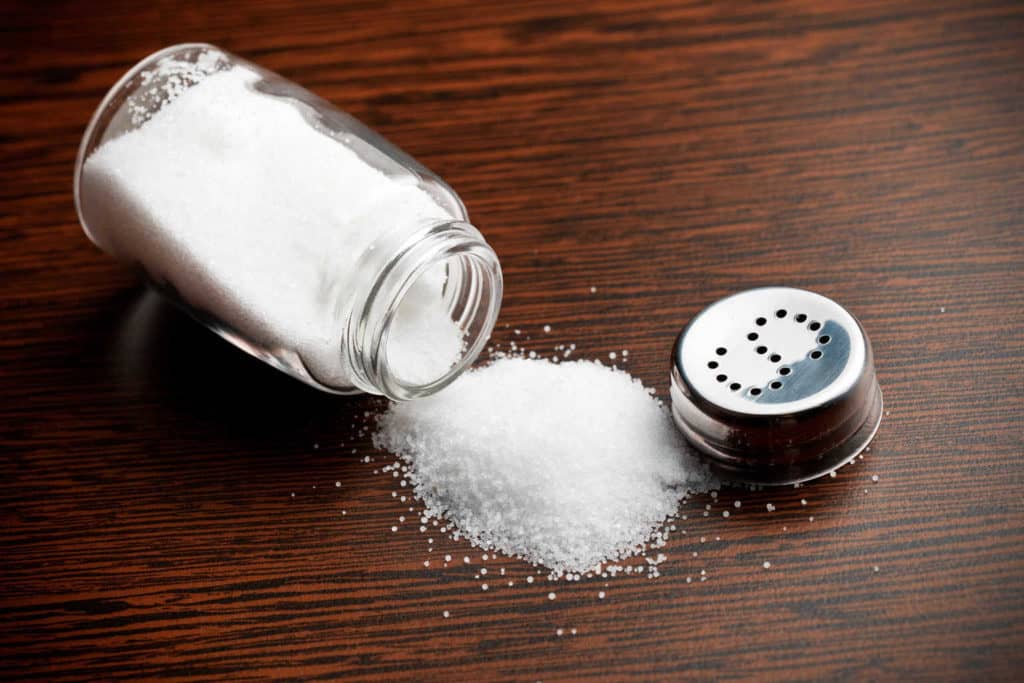Contents:
Medical Video: Modulating the Gut Microbiome – the Role of Probiotics and Prebiotics
Probiotics (which means "for life") Is a type of good bacteria. This organism lives in the intestine and has health benefits, although the evidence is uncertain. Some studies show that food or formula containing probiotics can prevent and treat chronic or acute diarrhea in children, which may be related to the use of antibiotics.
The strongest evidence shows probiotics can prevent or improve viral gastroenteritis, strengthen the immune system, and fight infections that can cause diarrhea. In a study conducted on 326 children aged 3-5 years in child care centers for 6 months, single and combination probiotics (2 times a day for 6 months) reduced the incidence of fever by 53% and 72.7% in 2 groups receiving probiotics , compared to the control group or placebo; cough dropped by 41.4% and 62.1% in both treatment groups, and the incidence of runny nose dropped by 28.2% and 58.5%.
Ongoing research will show the role of probiotics in children, but if your child has diarrhea, it is better to consult with a doctor about the use of these organisms. The benefits of probiotics will only be felt as long as probiotics are consumed.
Probiotics are available in many forms. Many baby formula contains probiotics. Some milk-containing products such as yogurt and kefir also contain probiotics, as well as miso, tempeh, and soy drinks. Probiotic supplements (powder, capsules) are sold at pharmacies; but doctors still debate the proper use of these commercial probiotics, such as what dosages are most effective, how often they should be consumed, can probiotics be used to prevent or regulate certain health conditions?
To this day, there is not enough evidence about the benefits of giving probiotics to seriously ill children, or data that recommend routine use of formula milk. Foods that contain probiotics are fairly safe for most children, although they can cause mild bloating in some cases. If products such as probiotic supplements are exposed to heat or moisture, good bacteria can be killed and the product will be useless. For now, if you are interested in trying probiotics, consult your doctor first.
Some doctors recommend giving prebiotic children compared to probiotics. If probiotics are live bacteria, prebiotics are a component of non-digestible foods (such as complex sugars and fiber). Prebiotics help the growth of good bacteria in the intestine, thereby increasing the number of good bacteria and also suppressing the growth of unhealthy pressure. Prebiotics can also reduce inflammation in the intestine and stimulate calcium absorption.
Breast milk is a good source of prebiotics, and also foods such as bran, beans, barley, herbs such as asparagus, spinach, onions, and fruits such as berries and bananas.
Hello Health Group does not provide medical advice, diagnosis or treatment.

